Salt
These days, salt intake is widely-discouraged, viewed as another culprit for our health woes.
But this is at odds with our history, culture, and physiology.
As with most nutrition topics, the truth about salt is not widely known.
Our position is that salt is a source of essential electrolytes and minerals (which is why humans, like other animals, instinctively seek out salt).
Working definitions of salt
When we say ‘salt’, we mean unrefined sea salt.
This is different to ‘table salt’, which is highly-refined, heat- and chemical-treated version, courtesy of big industry. It’s a cheap, artificial copy of the real thing.
Table salt consists of two (or three) minerals; sodium and chloride (& sometimes iodine).
On the other hand, unrefined sea salt contains dozens of minerals (some sources say 80+).
Both sodium and chloride are very important minerals, however it seems that an over-abundance of some (like sodium), and a complete lack of others (like potassium and magnesium) contributes to health problems.
As with many things in life, balance is key, diversity of nutrients is key.
Image: Price (1939)
Iodine is sometimes added to table salt, as iodine deficiency is known to cause goitre—a disease affecting the thyroid gland. This is a good example of the necessity of minerals for human physiology.
So, highly-processed ‘table salt’ is a problem.
But what about unrefined sea salt?
Unrefined sea salt contains dozens of trace minerals
Salt isn’t meant to be bleach-white. The colours of true sea salts reflect the trace mineral content, which differs greatly depending on the source.
Vitamins and ‘superfoods’ might get all the attention these days, but minerals like iodine, magnesium, potassium, iron and zinc are just as important for human health and vitality.
Minerals are involved in many physiological processes;
The building of strong bones and teeth
Activation of enzymes in the GI tract, enabling digestion
Removing heavy metals (like lead, mercury, uranium, etc.) from the body, enabling detoxification
Normal function of our cardiovascular, pulmonary, skeletal, muscular, nervous, reproductive and immune systems!
Traditional human cultures (and wild animals) have actively sought out salt since time immemorial
Humans, like many animals, instinctively seek out salt deposits, and mineral-rich foods.
We have a physiological need for significant amounts of minerals, especially sodium, potassium, calcium, and magnesium.
Also, do not forget that our wild human ancestors did not suffer from hypertension, diabetes, cancer or heart disease to the degree that we do today.
If you want to build health, avoiding salt is likely to do more harm than good.
What matters is that we procure good-quality, unrefined sea salts.
Sea salt is a rich source of essential minerals.
You may need more salt than you think, especially if you’re active, live in a hot climate, do sauna, or live in an urbanised area.
Let your ancient instincts,, taste and thirst mechanisms (not a health ‘authority’) dictate your salt intake.
Need help?
Check our Services, sign up to the Newsletter, and reach out if you need support.
References
Cirillo, M., Capasso, G., Leo, V. A. D., & Santo, N. G. D. (1994). A History of Salt. American Journal of Nephrology, 14(4–6), 426–431. https://doi.org/10.1159/000168759
Fallon S & Enig M 2001, Nourishing traditions: The cookbook that challenges politically correct nutrition and the diet dictocrats. Brandywine, MD: NewTrends Pub.
Price, WA, 1939, Nutrition and Physical Degeneration: A Comparison of Primitive and Modern Diets And Their Effects.


